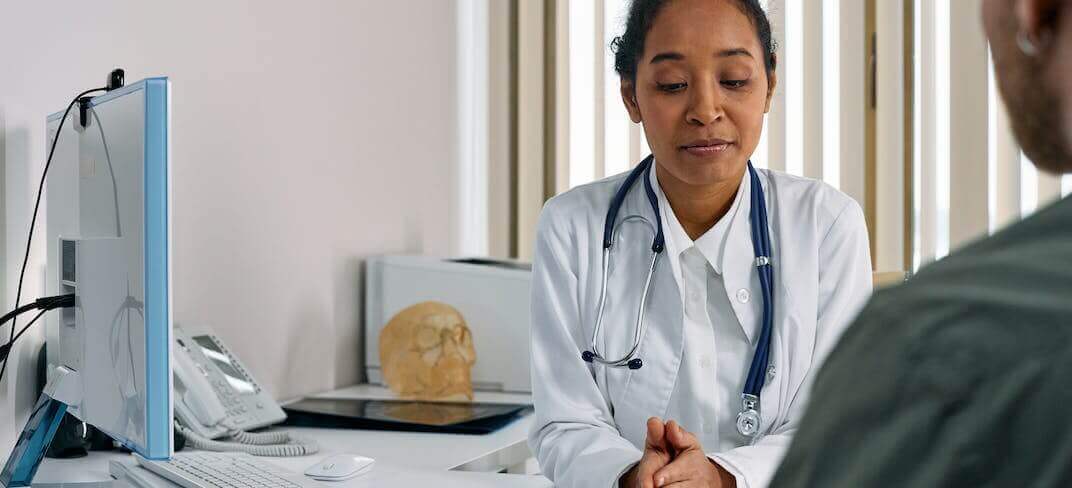Cancer Screening: A Clear Guide to Prevention and Health

In 2023, Italy recorded a significant increase in new cancer diagnoses, reaching 395,000, compared to 376,600 in 2020. A figure that prompts us to reflect on the need to be aware and proactive about our health. Breast cancer was confirmed as the most widespread cancer, followed by colorectal, lung, prostate and bladder. A challenge that requires preventive action.
The importance of early diagnosis
It is encouraging to note that, thanks to early diagnosis, 268,471 cancer deaths were avoided in Italy in the period 2007-2019. An achievement achieved through constant commitment to screening, healthy lifestyles and medical and scientific research in the field of oncology. These data remind us how crucial it is to adopt a healthy lifestyle and participate in regular screening.
Informed choices for our health
As the number of new cancer diagnoses looks set to rise over the next two decades, we can consider making informed choices for our health. Cancer screening plays a key role, and three of them deserve special attention.
Skin cancer screening
Skin cancer is often caused by the sun's ultraviolet rays and tanning machines. A monthly examination at home, examining the skin from head to toe, can detect any suspicious signs at an early stage. It is advisable to consult a specialist if you notice changes and have a complete skin examination every year.
Colorectal cancer screening
Colorectal cancer, the second most common cancer, can be detected by stool examination, to be performed annually, or by a colonoscopy, which allows a direct view of the colon and rectum. Adults between 45 and 75 years of age should consider screening, adapting it to their needs and in consultation with their doctor.
Lung cancer screening
Lung cancer, the third most frequent cancer, can be tackled with a healthy lifestyle and smoking cessation. For those at higher risk, annual screening by low-dose computed tomography is recommended. This group includes people between 55 and 80 years of age with a history of heavy or current smoking.
Taking care of one's health is an investment in the future. Active management of cancer screening, combined with a healthy lifestyle, is a crucial step towards a longer and healthier life. We share this information to spread awareness and motivate everyone to take their health into their own hands.
Learn more about UPMC's oncology services.